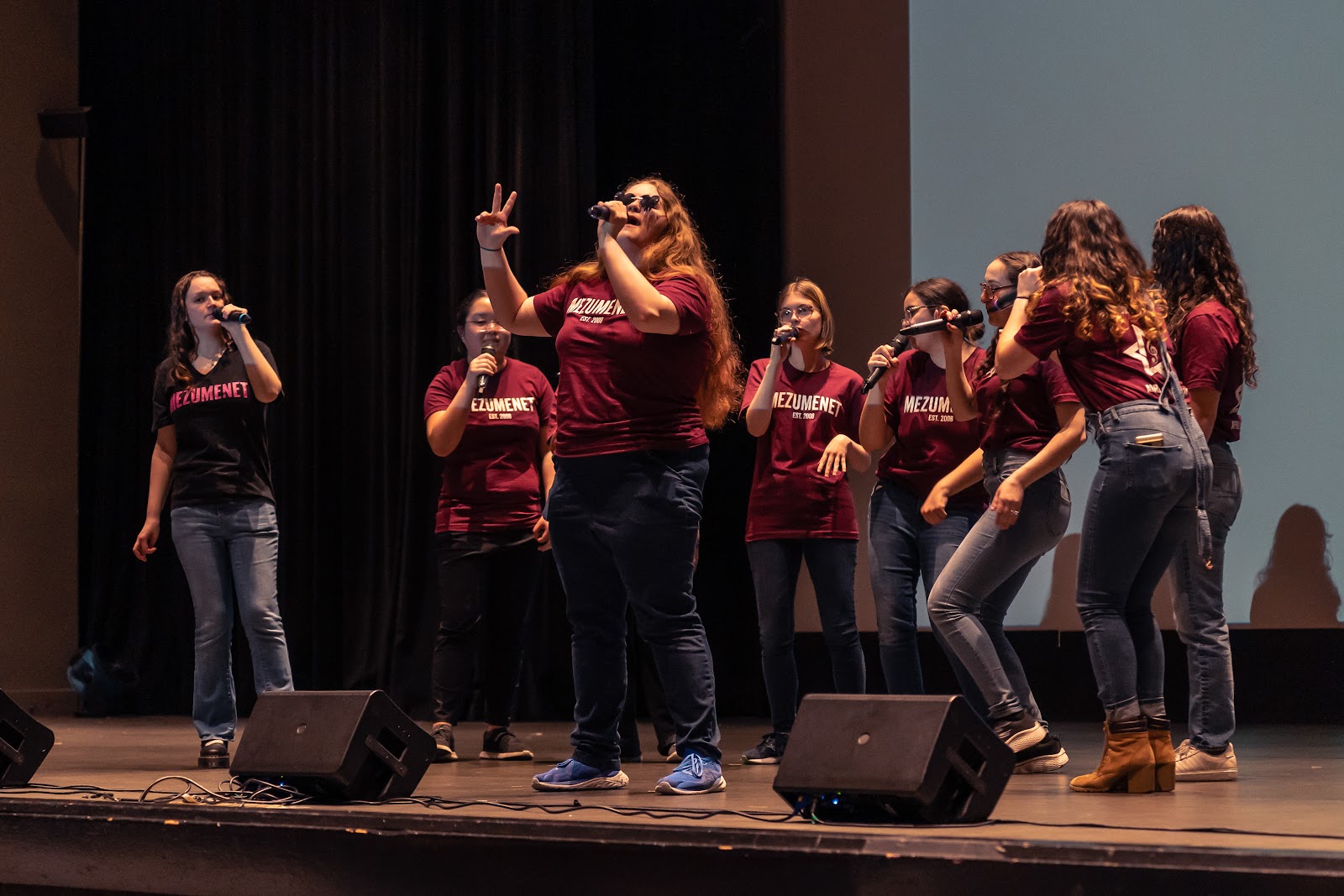By Nicole Kirkner
Copy editor
@nicolekirkner
Almost every year a new apartment complex is built, giving students fresh options for housing in the coming school year. But with many of the new buildings, like Terrapin Row, implementing electronic keys, a number of Jewish students faced an obstacle finding a place to live.
Some students decided between the buildings based on their ability to outdo each other with amenities such as golf simulators, spray tanning, free Starbucks coffee, pools, gyms and more, but for some, the decision came down to the buildings’ ability to accommodate their religious practices.
The largest obstacle Orthodox Jewish students face living in Terrapin Row is the electronic key fobs, which are needed to gain access to the lobbies of every building and to open individual apartments.
To combat this issue, Terrapin Row provided manual keys to Jewish residents who observe Shabbat, which prohibits the use of electricity spanning from Friday at sunset to nightfall on Saturday.
While these manual keys allow Shabbat-observant residents into individual apartments, the keys don’t open the doors to the lobbies of the building, forcing these religious students to rely on security guards to let them in.

Moshe Chefitz, a senior criminology and criminal justice major and Terrapin Row resident, said that he knew about the electronic keys prior to moving in, and Terrapin Row assured him there would be Shabbat accommodations.
“They were very understanding,” Chefitz said. “All I had to do was email them ahead of time that I needed a Shabbat-friendly lock placed on my apartment and they gave me a key to it.”
Chefitz said that he still experiences some inconveniences during Shabbat due to employees not understanding all of the parameters of the practice, such as not being able to write.
“For the front door the security opens it up for us – but the annoying thing is when we bring in guests, they try and make us sign them in, and it is usually ends in [an] argument with security about how we cannot sign them in,” he said.
Chefitz also added that many of their mezuzahs, which are pieces of parchment inscribed with verses of the Torah hung on doorposts in the living spaces of a house, have been knocked down. He said that he and other Jewish residents have been urging Terrapin Row to take the matter more seriously.
Perry Bloch, a senior economics major and Terrapin Row resident, said that religious accommodations are something he, along with many members of the Jewish community, have to discuss before moving in anywhere.
Shabbat keys are available to Jewish students in all on-campus university housing, which Bloch said was convenient while living in a dorm his freshman year and in South Campus Commons the following year. Once he began looking to move off campus, however, he said it became more of an issue.
“I didn’t know how it was going to work… because all of the new building developments in College Park have been using electronic keys,” he said. “Fortunately for us, the door locks also came with a manual lock in the doors. We had keys made and we all got one.”
Terrapin Row, however, also has motion activated lights in their stairwells which posed a problem for Jewish residents, Bloch said.

“If you live above the ground floor you have to use the stairwell because you can’t use an elevator,” he said. “The stairwells are usually the solution to elevators and now they are causing problems because they have motion sensor lights.”
Bloch said that many Jewish students addressed the issue with Terrapin Row early on and they were “very accommodating.”
Terrapin Row designated one stairwell in each building and covered the sensors so the light would stay on allowing observant Jewish resident to get to their apartments without any issues, Bloch said.
Bloch added that Terrapin Row was very accommodating during Sukkot, which is a weeklong holiday practiced by building a hut outside to eat in.
“You’re not supposed to eat outside of them during the holiday, so it’s hard when you have an apartment with a kitchen and you can’t eat in it,” Bloch said. “They have one at Hillel, but walking to Hillel for a snack or your breakfast cereal is tough but they actually accommodated us to build one in the building two courtyard.”
This university’s Chabad provided the materials to build the sukkah for the students living it Terrapin Row, making it more convenient for Jewish residents.
“It was nice because we were able to come out and actually eat in our building,” he added.
Bloch and Chefitz said that overall, they are happy with the efforts Terrapin Row has made for the Jewish residents.
Mitzpeh reached out to Terrapin Row, but the staff did not offer a comment.




